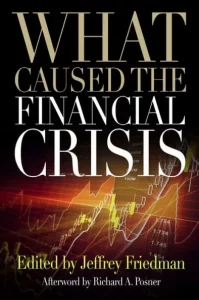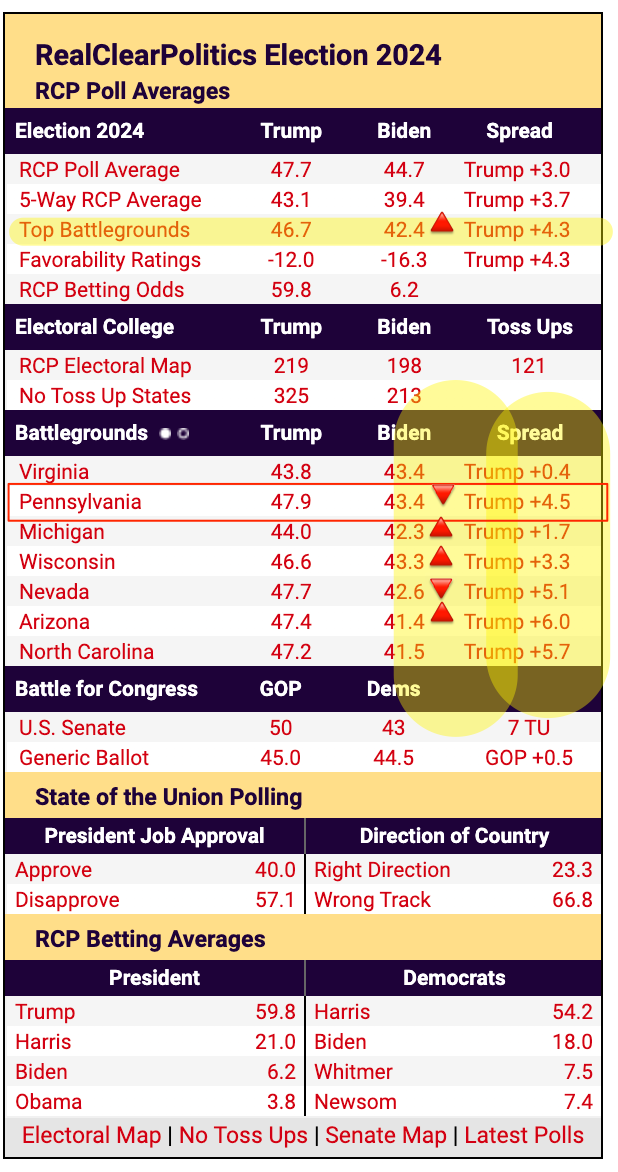I realized yesterday that Jeffrey Friedman died on December 2 at age 63. He was a really sensible and considerate one who undoubtedly marched to the beat of his personal drummer. For instance, he questioned sure normal libertarian arguments in a manner that few others had accomplished.
Most likely my favourite work by him it his edited 2011 quantity, What Induced the Monetary Disaster. His 66-page opening chapter, “Capitalism and the Disaster: Bankers, Bonuses, Ideology, and Ignorance,” is first-rate. It’s stuffed with gorgeous vital info that I had not been conscious of.
Right here’s one:
In 1999, the SEC infamously penalized SunTrust Financial institution for protecting “extreme” loan-loss reserves, on the grounds that this “may very well be used to make earnings look much less unstable” (Hopkins 2009). Since then, banks have averted increase reserves when instances are good due to the SEC’s energy to harass and penalize them in the event that they do (Isaac 2009), 11; Rieker 2009). Banking analysts level out that:
in an extended interval of benign financial situations, it turns into tough to make use of acceptable documentation primarily based on historical past and up to date expertise to justify important [loan-loss] provisioning. Thus, when bankers had been unable to supply acceptable documentation . . . auditors started to lean on them to cut back provisions and even take the extra excessive step of lowering reserves. The end result . . . was that the trade went into the present downturn with out enough reserves to soak up the wave of mortgage losses now being acknowledged. (Wolters Kluwer 2009)
I drew on his introduction later in 2011 in a presentation I gave on the Mont Pelerin Society’s regional assembly in Istanbul.
I wrote:
Jeff Friedman factors out that when regulators impose guidelines, the individuals they regulate should observe them and that, subsequently, the foundations homogenize habits and stop range. The benefit of range is that not all individuals will stroll off the cliff. Wells Fargo Financial institution, J.P. Morgan, and Goldman Sachs, for instance, all turned conscious of the dangers of mortgage-backed securities and took actions to cut back or hedge their dangers. Had regulation been even tighter, this might have been unattainable. Nevertheless heterogeneous are regulators’ opinions of a regulation, notes Friedman, just one regulation turns into regulation. Range amongst market individuals, against this, “takes the extra concrete type of completely different enterprises structured by completely different theories.”
For the rationale above, no matter brought about the monetary disaster, the answer is just not extra regulation. Why? Friedman says it greatest:
[W]right here there are competing powers, as in a capitalist financial system, there may be extra likelihood of heterogeneity than when there’s a single regulator with energy over all of the rivals. At worst, within the restrict case of a market that, by way of herd habits, fully converged on an misguided concept or apply, unregulated capitalism would seemingly be no worse than regulated capitalism, since an concept or apply that’s homogeneously accepted by all market individuals in a given time and place is prone to be accepted by the regulators of that point and place, too. However at greatest, competing companies will embody completely different theories, with the unhealthy ones tending to be weeded out.
I first met Jeff, by the way in which, in April 1979 at Brown College when he was an undergrad and I used to be an assistant professor of economics on the College of Rochester. He had invited me to debate Donald J. Eberly, one of many fundamental advocates of a obligatory nationwide service draft. Eberly was the creator of the nationwide service provisions of the McCloskey invoice, named after maverick Bay Space Republican Congressman Pete McCloskey.























